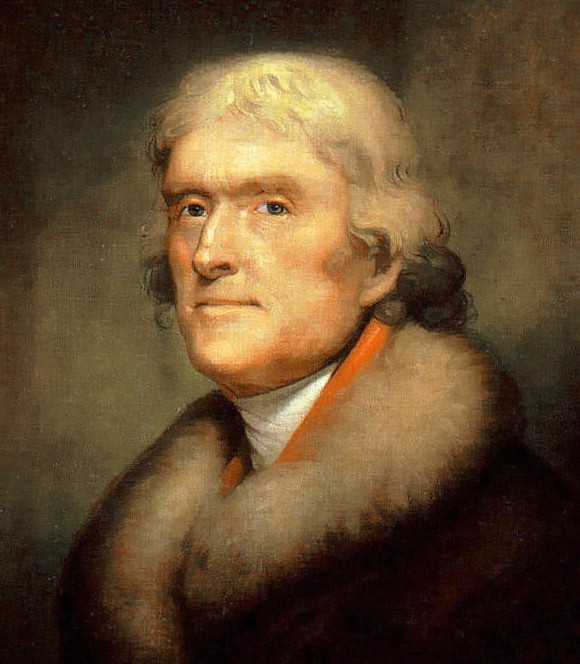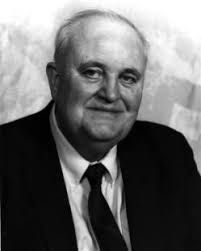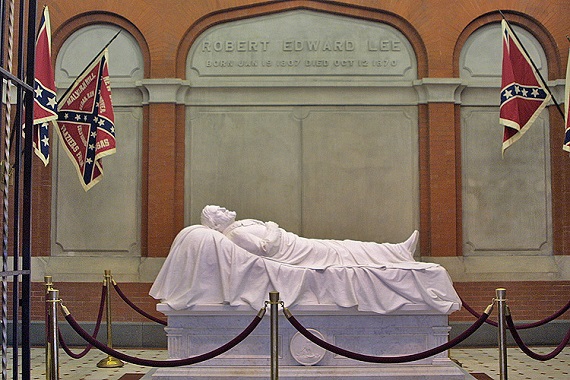One of the most difficult tasks of any historian is to show how knowing history is today relevant—that is, to show that history is heterotelic, that it is not its own end.
The “Father of History,” the Greek Herodotus, who chronicled the events of the Persian War (490–479 B.C.) and aimed to cover both Greek and Persian motives, writes (my translations): “The aim [of my account] is to prevent the erasure of the evidence of obscure human events (aklea), and to preserve the glory of the important and remarkable deeds (erga) of both Greeks and non-Greeks; among the matters I cover, in particular, there is the provenance of the hostilities between Greeks and non-Greeks.” His motivation for undertaking his Histories—to “prevent the erasure” of a singular human event—does little to show the relevance of history. One readily can ask the question: Why is it important to remember that event?
Decades later, the Greek Thucydides chronicles the events of the Peloponnesian War (431–404 B.C.). Drawing his account from uncited oral sources, he writes of his motivation for chronicling the war:
To hear this history rehearsed, for that there be inserted in it no fables, shall be perhaps not delightful. But he who desires to look into the truth of actions, and which (according to the condition of humanity) may be done again, or at least their like, shall find enough herein to make him think it profitable. And it is compiled rather for an everlasting possession than to be rehearsed for a prize.
Thucydides’ aim is veridicality of prose—“an everlasting possession” and not speech “rehearsed for a prize”—and the implication of sentence two is that one might profit from learning about something that has been done and might, or might not, be worth again doing. In the words of Santayana, “Those who do not learn history are prone to repeat it.” (There is an implicit optimism on Santayana’s sentiment with the suggestion that those who read history will indeed learn from it.)
As a prolific Jeffersonian historian—I have thus far 27 published books on Jefferson—my orientation is analytic: careful examination of Jefferson’s writings and disambiguation of ambiguous passages as well as fleshing out the meaning and implications of his statements. I also carefully examine “interpretations” of Jefferson’s writings by other historians and proffer critical assessment of them. That of course is the approach of few historians. There is then the approach of today’s neo-progressivists or postmodernists, who get much mileage by rather artistic, usually tendentiously so, interpretations that earns them the praise of other artistic Jeffersonian scholars, the Jeffersonian revisionists, and they are everywhere. They profess, in the words of Joyce Appleby et al. in Telling the Truth about History, to be chroniclers of what is often called Small History: champions of “oppressed and excluded groups” such as women, Blacks, lesbians, persons of as yet undetermined sexuality, people who lament that they were not born puffins or frogs, and especially those persons who find a way to be seriously offended by utterances such as “Have a fine day,” and so on.
Scholars today who speak on Jefferson apropos of “America’s current ills” can be put into two camps: those many of the Radical Leftists who unabashedly blame today’s ills squarely on Jefferson the Satanist’s shoulders and those few of the Radical Rightists who maintain that we can use Jefferson the Soter’s godlike wisdom to solve all the ills of today’s America.
Given my prolificity, I am occasionally asked to speak in person or through Zoom on Jefferson. The invitation is always by Jeffersonian Soterists, merely because most of today’s Jeffersonian scholars, having drunk from by the well of Monticello’s venomous water, label me as a Jeffersonian apologist. I do not, after all, consider Jefferson to be racist and I maintain that he had zero interest in Sally Hemings, who is today made to be toothsome, of high intelligence, socially genial, and irresistible to predatory white males of power (Foucaldian stuff!).
One recent talk through Zoom enjoined me to address the issue of voting fraud. Having said what I could concerning what I thought Jefferson might have said were he today alive, it became clear that my comments were poorly received: They were neither sufficiently politic nor sufficiently political—viz., they were not neatly oriented to the political agenda of the group to which I was speaking. My aim in addressing the issue of voting fraud was not to tell the group what its members wanted to hear, but merely what I thought Jefferson might, most probably, have said. In short, I aimed to answer the question that they asked me to answer. That, of course, was my mistake.
Yet articulation of what Jefferson very likely might have said was not good enough. What they really wanted to hear were that the Left used every Satanic scheme to win the last presidential election and that Donald Trump ought really to be president. I tend to shy away from such things and keep to Jefferson. I know Jefferson and I dislike playing politics, one way or another, with his legacy.
Sensing that I miserably failed this group, I paused and then replied with Stoic dispassion: “You know, Jefferson is dead. Why do we ever bring back his ghost to solve our problems? They are our problems, not his.”
That I realized is what I ought to have said all along, for Jefferson, following Adam Smith’s notion of generational sovereignty, was solidly committed to the principle that the nodi of each generation—and many are inherited from the prior generation—are to be addressed and solved by that generation. They are not, if possible, to be the inheritance of the next generation.
Generational sovereignty was, most scholars fail to note, an axiom of Jefferson’s political philosophy. It was the reason why he objected to no term-limits to the presidency, why he was a dyed-in-the-wool advocate of periodic (i.e., generational) constitutional renewal, and why he, after many decades of working toward the eradication of slavery, turned away from that problem, inter alia. In short, Jefferson, were we able to ask him as specter, would have ingenuously said: “Your problems are your problems. I did not create them, and being dead, I have no intimate involvement with them. I cannot even figure out this god-forsaken cellphone I have been given!” Jefferson cannot be inculpated for our problems and he ought not to be asked to provide insights or solutions to them.
That sort of wisdom might seem to be skirting the problem. It is not. It invites us—whether Rightists, Leftists, or Those-Who-Choose-not-to-Have-an-Ist-ists—to take ownership of our problems. It invites us to address our problems. It invites us to work toward solutions to our problems. It dissuades us from seeking to revivify the dead for answers.
And so, at least one dead man can speak to us, and has something to teach us.







Great article Dr. Holowchak. My opinion (for whatever that’s worth) is that the thread of your article is something that I think is a “bell ringer” for many of us who constantly hammer the drum about the concept (largely mislaid by historians) of “Presentism.” I hope I understood your message.
Absolutely, Paul. Presentism is at the heart of the essay.
Well said sir. Jefferson made this point explicitly himself.
“I set out on this ground which I suppose to be self evident, “that the earth belongs in usufruct to the living;” that the dead have neither powers nor rights over it.”
—-Thomas Jefferson, letter to Madison 9/6/1789
If the current cadre of the living fail to address their own existing flaws and errors but instead merely rail against the inheritance from the past, then they bear the responsible for their present and are no better than their predecessors for what they bequeath to the future.
Discussing the question of Missouri’s admission to the Union, Thomas Jefferson wrote to John Holmes, “… but this momentous question, like a fire bell in the night, awakened and filled me with terror. I considered it at once as the knell of the Union. it is hushed indeed for the moment. but this is a reprieve only, not a final sentence.”
– Jefferson to Holmes, April 22, 1820 did each generation need to follow consitutional precepts….or interpret it as any new 48er, trancendentalist, marxo-lincolnist might want?